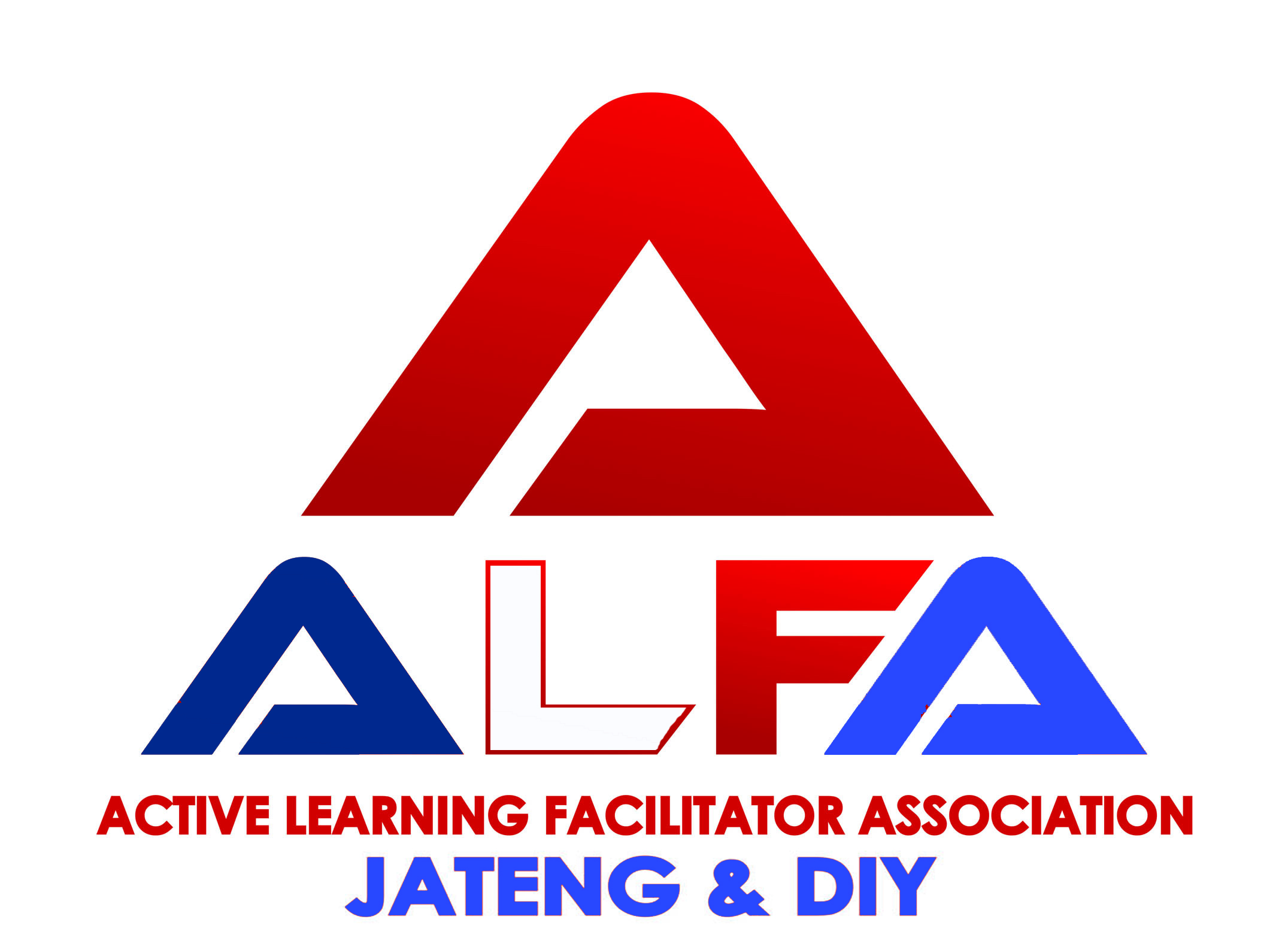IMPLEMENTATION OF DOUBLE CRITICAL TECHNOLOGY SOCIETY LEARNING MODEL FOR MIDDLE SCHOOL STUDENTS
Abstract
This study aims to determine the implementation of Double Critical Technology Society (DCTS) learning model on the critical thinking skills of 7th grade students of SMP Negeri 1 Suhaid. This type of research is a quasi-experimental with posttest only design. Samples were taken from 7th grade students of SMP Negeri 1 Suhaid in the first semester of the 2019/2020 Academic Year which consisted of two classes, namely the experimental class and the control class. The research instruments used were a test to measure students' critical thinking skills after DCTS learning model was applied and a questionnaire to measure student responses after being given a DCTS learning model. The data obtained were then analyzed using descriptive statistics and independent sample t test. The results of data analysis with the independent sample t test showed that the significance value of students 'critical thinking skills was 0.00 less than 0.05 so there was an influence on the implementation of the DCTS learning model on students' critical thinking skills. The critical thinking skills of the experimental class students with an average value of 71.30 were better than the control class which had an average value of 50.23. The results of the assessment of the response questionnaire with an average of 83.25 showed an excellent response from students to the DCTS learning model.
Full Text:
PDFReferences
Ariyawati, Waluyo and Prihatin. (2017). Analysis of Student Responses to Pairs, Investigation and Communication (PIC) Models in Science Learning. Journal of Learning and Science Education, Volume 2 No. 1 page. 9-15.
Fachrurozi. (2011). Application of Problem Based Learning to Improve Critical Thinking Skills and Mathematics Communication of Elementary Students. Thesis PPs UPI Bandung: Not published.
Prayitno, et al. (2013). Identification of Mathematical Communication Ability Indicators for Students in Solving Leveled Mathematics Problems at Each Level. Journal of Surabaya State University.
Puspaningtyas and Suparno. (2017). The Effect of the Implementation of Guided Inquiry Model Against Analytical Process Skills and Science Process Skills. Indonesian Journal of Science and Education, Volume 1 No. 1 page. 8-16.
Rusman. (2011). Learning Models (Developing Teacher Professionalism). Jakarta: Praja Grafindo Persada.
Sabandar, J. (2008). Thinking Classroom in Learning Mathematics in Schools. International Symposium.
Sudarisman, Suciati. (2015). Understanding the Nature and Characteristics of Biology Learning in an Effort to Address the Challenges of the 21st Century and Optimizing the Implementation of the 2013 Curriculum. Journal of Florea Volume 2 No. 1, April 2015 (29-35).
Sukiman. (2008). Learning Theory in the View of Constructivism and Islamic Education. Journal of Islamic Education, Vol. 3, No. 1. January 2008 (59-70).
Sugiyono (2008). Statistics for Research. Bandung: Alfabeta.
Trianto. (2009). Designing Innovative-Progressive Learning Models. Jakarta: Kencana Prenada Group.
Wulandari, R. (2012). The Effect of Inquiry-Based Learning in Laboratory Activities on Learning Motivation and Thinking Skills of Junior High School Students (Thesis not published). UNY Postgraduate Program, Yogyakarta.
DOI: https://doi.org/10.31002/ijose.v4i1.2032
Refbacks
- There are currently no refbacks.
Copyright (c) 2020








